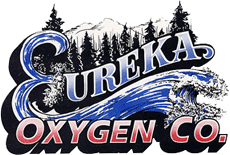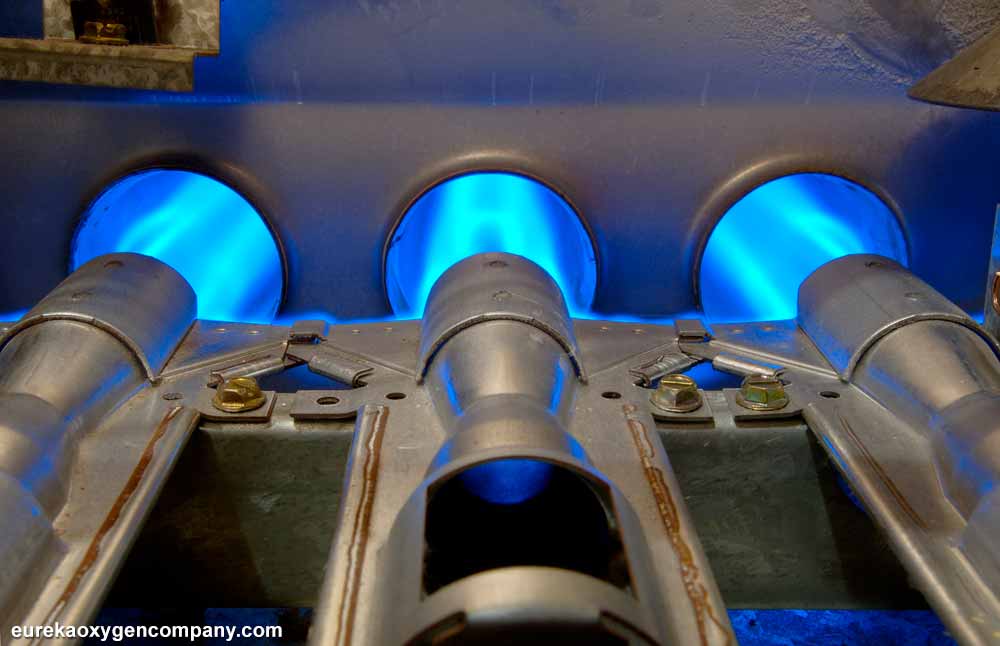Perform Preventative Maintenance
Schedule professional servicing of your heating equipment before cold weather arrives. Technicians can inspect for leaks, clean burners, replace filters, and ensure proper ventilation. Confirm all safety controls function properly. Replace older CO detectors and check fire extinguishers. Routine maintenance prevents malfunctions and improves efficiency when you need heating most.
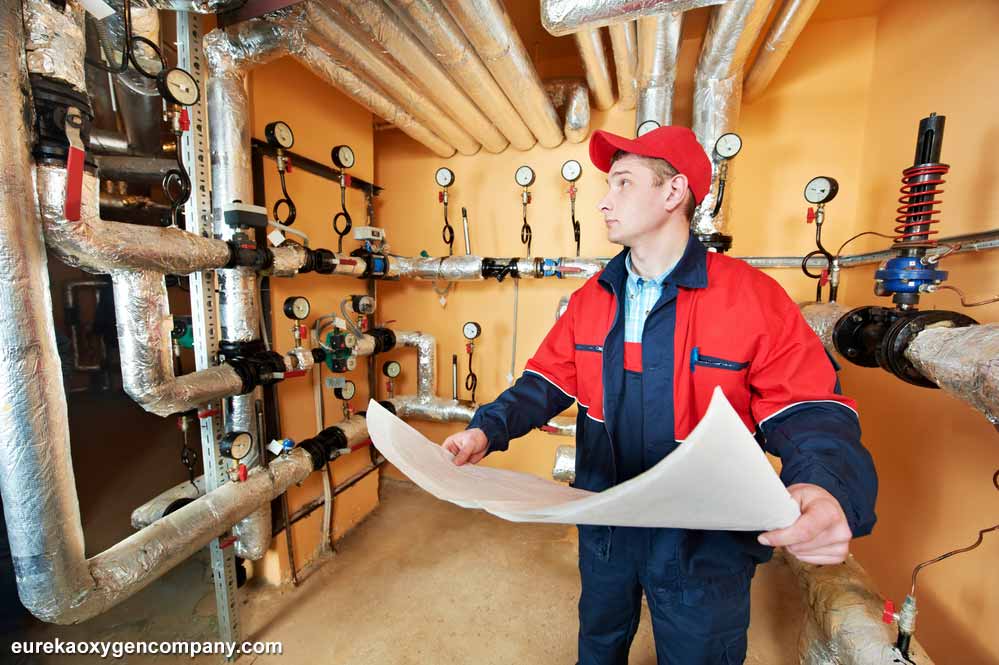
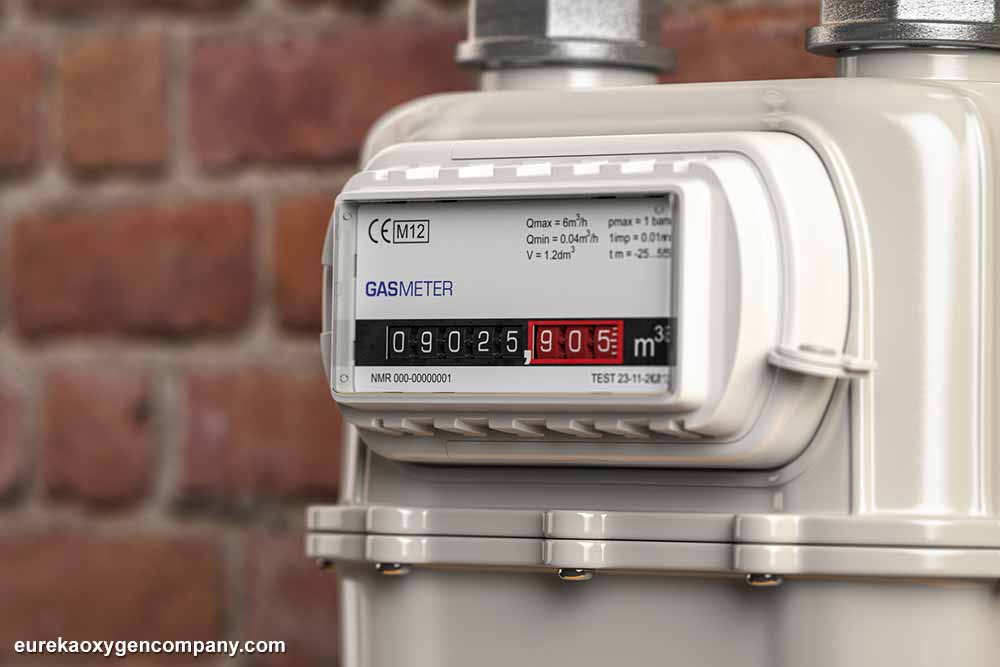
Keep Vents and Meters Clear
Heavy snowfall or ice can block the outdoor vents that allow combustion byproducts to vent safely. Clear snow and ice from appliances and meter vents using a broom or brush. Never kick or hit ice-covered meters to remove buildup. Icicles hanging from roof eaves above the meter should also be removed carefully. Notify your gas company if the meter itself becomes encased in ice. Be mindful to not pile snow against the meter or vents when shoveling.
Watch for Exhaust Backdrafting
Power outages combined with cold conditions increase the risk of exhaust gases back-drafting into a building due to lack of venting. CO detectors should be installed on every level to alert occupants of rising concentrations. Open windows slightly while running generators or propane heaters to ensure adequate outdoor air circulation. Avoid using gas ovens for supplemental heat, which can cause CO poisoning.
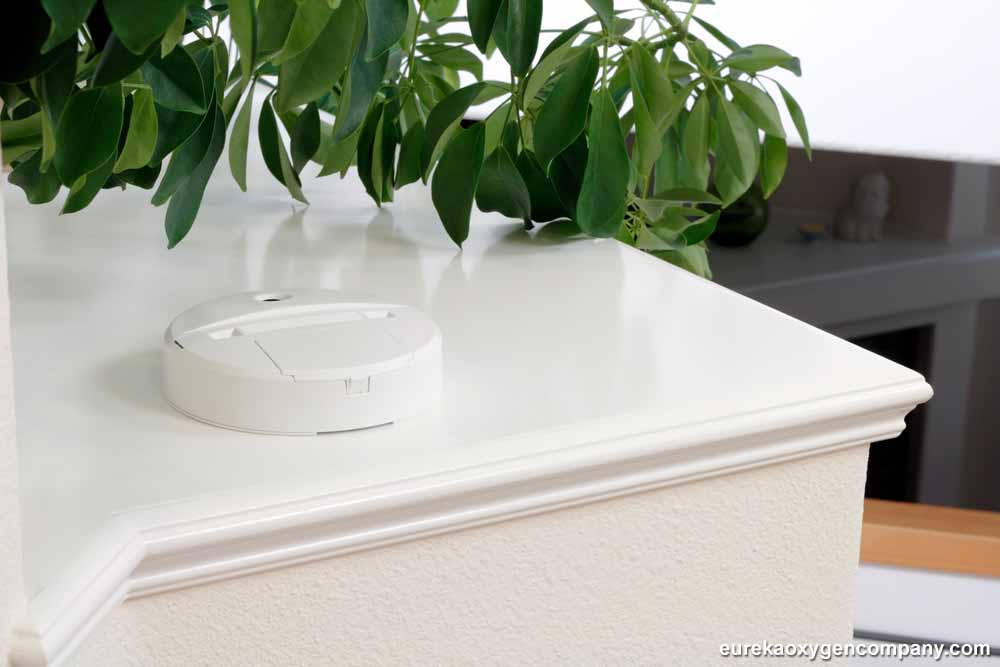
Inspect Lines and Connections
Frozen condensation inside gas lines can lead to freeze-offs, and interrupt gas flow. Wind-blown snow piles can also bend or crack unprotected lines and connections. Inspect all exposed lengths of piping for splits in insulation or coverings and make any needed repairs to maintain heat. Watch for drafts that allow cold air contact with pipes and fittings. Signs of damage like bubbling paint on steel pipes signal corrosion requiring replacement.
Position Heaters Safely
Avoid placing portable space heaters near curtains, furniture, or clutter that could catch fire if knocked over. Keep a 3-foot safe zone around heaters free of anything combustible. Never leave portable heaters running unattended or while sleeping. Ensure cord-connected heaters plug directly into wall outlets, without extension cords or power strips that can overheat. Proper placement and supervision prevent heating equipment fires.
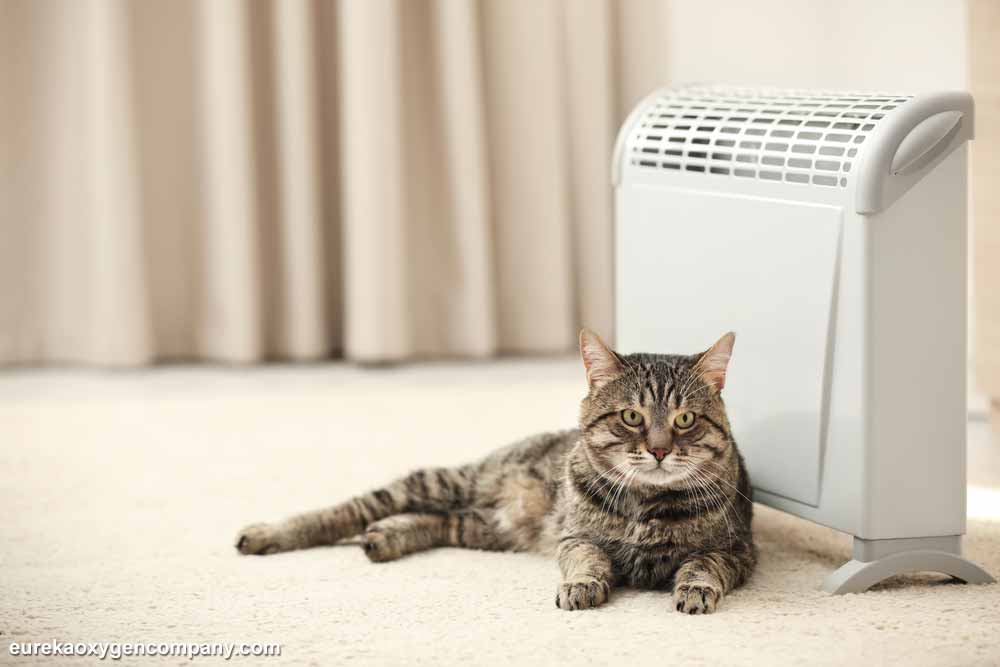
Detect Gas Leaks
A distinct “rotten egg” odor is added to propane and natural gas to alert occupants if a leak occurs. If you ever detect this smell in or around your home, evacuate immediately and call 911 once outside. Declare an emergency gas leak to operators, so they prioritize response. Do not operate lights, appliances, or phones in the building until emergency crews declare it safe to re-enter. Annual inspections using gas leak detection devices can identify hard-to-smell slow leaks before they become hazardous.
Prepare Backup Heating Plans
Extreme cold temperatures accompanied by power failures can leave homes without primary heat for extended periods. Emergency alternatives like wood stoves, standby generators, or temporary electric heaters are ready. Make sure to ventilate any open-flame devices indoors correctly. Have sufficient fuel on hand if relying on propane or wood. And know where local warming shelters are located if alternatives cannot sufficiently heat living spaces.
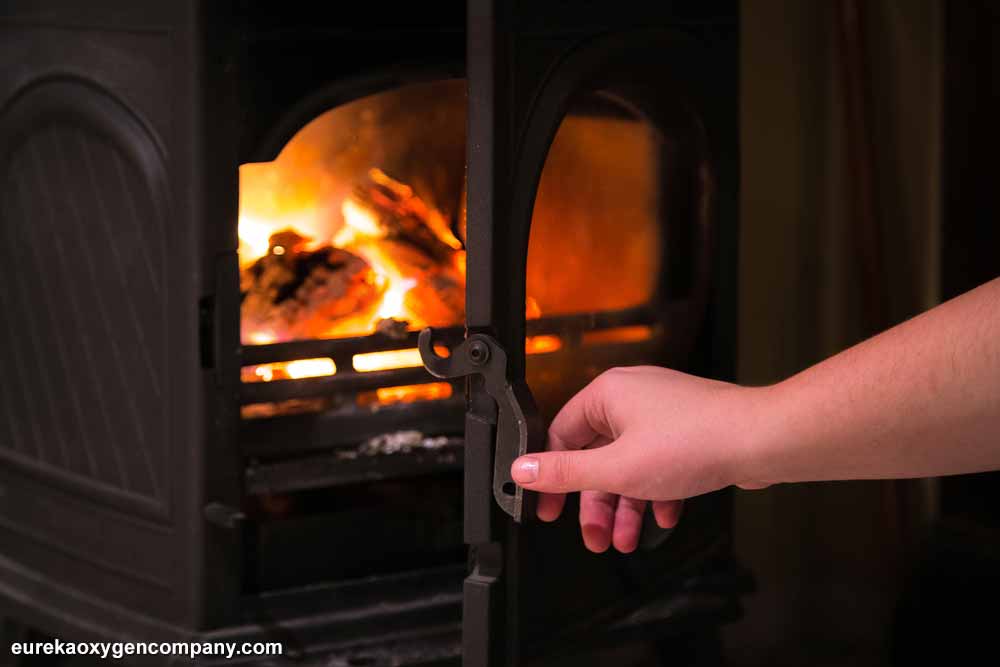
By following these tips, you can use gas heating confidently and avoid potential risks. Schedule maintenance checks before cold hits, monitor systems for problems, and respond quickly to any gas leak concerns. Being prepared helps prevent weather-related outages or accidents. Have the safest and most comfortable winter possible by prioritizing gas system safety now.
The gas pros at Eureka Oxygen would be happy to guide you in implementing a safe, warm winter. Contact us today to speak to one of our experts. Eureka Oxygen is a leading provider of a variety of industrial gasses, including propane and isobutane. We are also a vendor of welding equipment, and welding supplies, along with other diverse industrial equipment. Please stop by one of our locations or contact our experts today to assist with all your winter gas heating needs.
